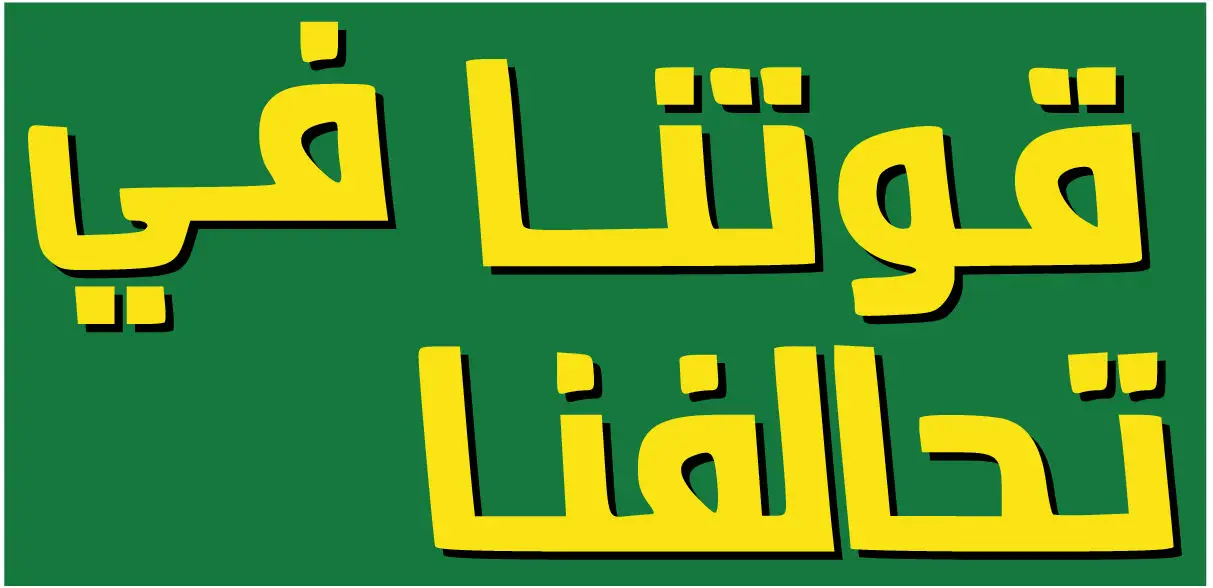India’s close ally Israel is bracing for a power shift with the Ra’am party emerging as the kingmaker, spelling doom for Benjamin Netanyahu.
The Jewish nation may soon see a coalition government with an Arab party, Ra’am, as one of its allies — a first since its creation in 1948.
The Islamist party with its readiness to ally with some far-right Jewish political parties may have tipped the scales against Benjamin Netanyahu, the longest-serving prime minister of the country.
The United Arab List, commonly known by its Hebrew acronym Ra’am, was founded in 1996. The party is regarded as an Islamist outfit and has its origins in the same religious movement as that of the Palestinian group, Hamas. Like other Arab parties in Israel, the Ra’am party too had been sidelined for years.
While the idea of an Arab party in the Israeli government was not too far-fetched for political analysts, the fact that the Ra’am decided to join hands with far-right Jewish parties has come as a surprise to many.
Since 1948, no independent Arab party has been part of any Israeli government. The only exception was the induction of some Arab lawmakers into the government of Yitzhak Rabin in the 1990s.
The new coalition comprises parties from various spectrums; it has right-wing, the centrists, and the leftists. As things stand now, it is expected that the Ra’am and its leader, Dr. Mansoor Abbas, will emerge as the kingmaker.
The new government is expected to be headed by Neftali Bennet for the first two years. In February Bennet had remarked, “I’m more right-wing than Bibi (Netanyahu), but I don’t use hate or polarization as a tool to promote myself politically.”

Known for his far-right views, Bennet has in the past raised his opposition to the creation of a Palestinian state. He, in fact, backs the idea of spreading the authority of Israel to about 60 percent in the West Bank.
A Historic Moment
The deal between the Arab and Israeli parties created a stir on Israeli social media. Israeli journalist Anschel Pfeiffer shared on Twitter, “Whatever happens tonight and in the days leading up to the vote of confidence, if it ever takes place, this is a historic photo. The leader of an Arab-Israeli party and the leader of a Jewish- nationalist party are signing an agreement to join the government together”.
It certainly required some out-of-the-box thinking on the part of Abbas to bring his party to the political center stage.
According to the election rules of Israel, a party is required to get a minimum of 3.25 percent vote to make its way to the parliament. This rule was seen as discriminatory by Arab parties which, over the years, contested elections together in the hope of better electoral chances.
Having serious ideological differences with the other Arab parties, Dr. Mansoor Abbas’ Ra’am party decided this time to contest the elections on its own. It was widely speculated that the Ra’am would not even be able to garner the minimum vote percent of 3.25.
Dr. Abbas also differs from his Arab counterparts on the question of Arab participation in Israeli politics, and always sought to work closely with the mainstream Israeli parties. Unlike the other Arab parties and leaders, Dr. Abbas is of the opinion that the Arab population of Israel can only benefit when these parties work in tandem with the mainstream Jewish parties.
He remained adamant on this stand even when he received much flak from the other Arab parties and leaders.
Prior to the election campaign, Dr. Abbas had put forward his readiness to work with Jewish parties for the development of the Arabs in Israel. A strong supporter of peace between Israel and Palestine, Dr. Abbas believes that peace with Palestine will pave the way for Israel to be well-received by the Islamic countries.
The Ra’am party wants to work for the development of Israel’s Arab minority, which comprises descendants of the Palestinians who stayed back after the creation of Israel in 1948. Today they constitute 20 percent of Israel’s population.
End Of Road For Netanyahu
The latest vote count in the Israeli election puts the Ra’am party in a powerful position. With its five seats, the party holds the power between Israeli PM Netanyahu and the coalition parties.
While PM Netanyahu may have understood the importance of the Arab parties and leaders to continue in power, it seems not everyone in his party agreed. Many leaders reportedly feared an alliance with an Arab party may impede any military operations in the disputed territories.
Danny Danon, chairman of the World Likud, the international branch of PM Netanyahu’s party, was quoted as saying, “The government should not be “dependent on a radical Muslim party. We should not be in that position.”




